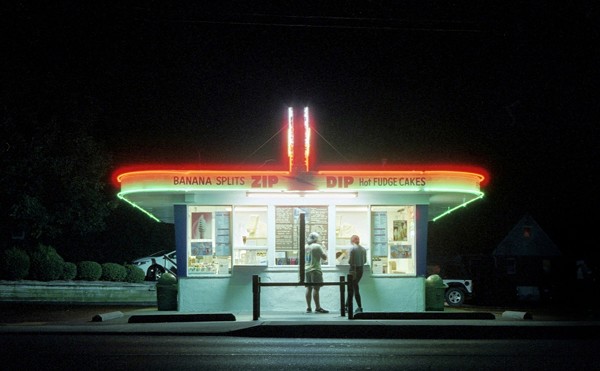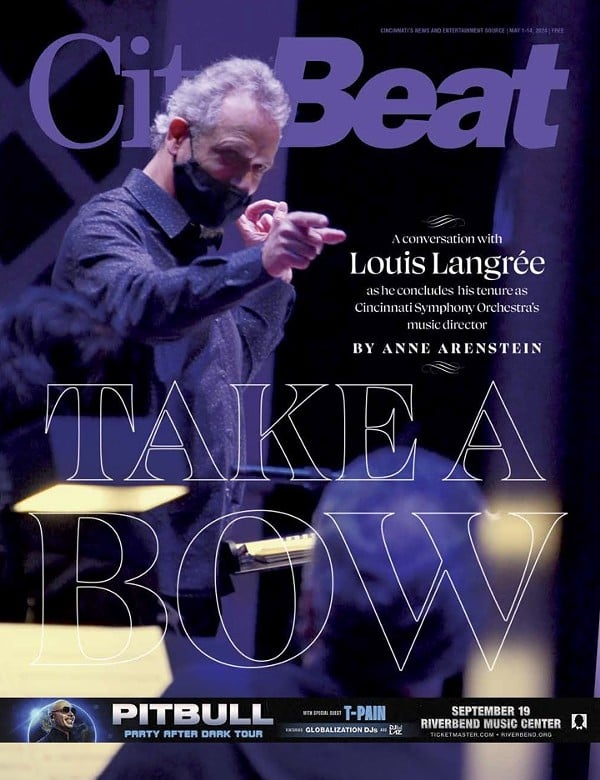|
The new Will Smith vehicle The Pursuit of Happyness got me thinking. As an African-American film critic, I often find myself questioning the intentions of filmmakers and, more often than not, the result of that inquiry leads to another brick in the road to damnation when the subject turns to race. Good intentions create pious caricatures full of exaggerated morality and a bright star or two luminous with a sense of righteousness that in mainstream (i.e. white) performers might be heralded as a second coming.
Of course, now that black righteous fire has become downright irate, leading some to cite the evolution of Hip Hop as the malignant cancer plaguing our souls. But that argument would be completely off-point.
Our pursuit should be a true discussion of difference, one that doesn't separate us but rather one that shows us united in our struggles. American filmmakers, black and white, would rather focus on their own native allegiance, largely out of a sense of familiarity and comfort.
To look across the divide requires a willingness to risk offense, to risk exposing that there are no answers, simple or otherwise, to the country's historical legacy of inequality.
When pressed to speak upon these issues, I fall back too easily on the words of Ralph Ellison from Invisible Man and the lessons that continue to escape us. His unnamed narrator says, "I am invisible, understand, simply because people refuse to see me."
The invisibility he speaks of is an affliction that doesn't discriminate.
We would rather disregard the notion that the "people" he refers to are both white and black. Black folks are little more than "one of your Hollywood-movie ectoplasms," never men or women of substance considered to possess a mind or dramatic pursuits of our own.
In The Pursuit of Happyness, Italian director Gabriele Muccino takes a risky position that, as an outsider, is likely not so much of a gamble at all. He turns his gaze on the inspirational (and largely true) story of a man who struggles against the odds to pull himself (and his young son) up by his strained bootstraps. The indisputable fact of Chris Gardner's blackness exists before our eyes, yet Muccino never allows our cultural affliction to incapacitate us.
Casting Smith as the lead is a bit paradoxical on an intellectual level. Smith is a certifiable box-office draw, an enormously likeable performer with a degree of dramatic heft and a willingness to push the generally accepted range of his talents and appeal given the right circumstances.
But Smith is also a safe African-American star, a certainly complex figure based on his background as a rapper and a television personality. His personality is key because he is the black man most of white America would say they "forget" is black.
Muccino wisely uses Smith's affable nature as a siren's call. Together they establish Gardner as a smart, ambitious man with an engaging sense of humor and self in need of an honest break. He struggles to be the strong, stable presence in his son's life that was lacking from his own, even if that means watching his wife Linda (Thandie Newton) walk out on them. And Muccino strengthens his hand by playing Smith off his own son (Jaden) as young Christopher Gardner.
The palpable bond between father and son enhances the youngster's acting debut and surely must have allowed Smith to tap into a deeper reservoir of emotional specificity.
Smith's performance centers on the love of a child tempered by the desperation and despair of a brief period of homelessness. Gardner strives to make ends meet during an unpaid internship with a San Francisco brokerage house after he receives a token of support from Jay Twistle (Brian Howe), a manager in the firm. The effort takes its toll on Gardner and weariness creeps into his stance and carriage. But Smith never surrenders to the wild extremes of the individual moments — he invests Gardner with the same quiet dignity he brought to his Oscar-nominated turn in Ali.
Yet there is more at work in Happyness. Muccino pursues the question of race without the obvious shout-outs. Chris Gardner is not just a man, he is a black man, and his blackness is central. No matter how much we would like to say his story is universal, one that belongs to each of us, Muccino thankfully doesn't allow us to languish in an insulting state of colorblindness. His film presents Gardner opposite black people like Wayne (Mark Christopher Lawrence), a sometime friend who owes him money but never pays up, whites like Twistle and contacts in the business world, and Mrs. Chu (Takayo Fischer), the woman who runs the in-home daycare that young Christopher attends in San Francisco during the early 1980s.
There are reminders — a Rubik's Cube plays a significant role in Gardner's initial break — that this is the Reagan era, thus allowing us to see the brilliant contrasts and shades of this man without ever directly referring to his race. It is as if Muccino is daring us to say that we didn't notice Gardner's blackness because he knows that would be a lie.
Through Chris Gardner, a man whose life existed on the lower frequencies for a time, Muccino speaks to us and for us in a voice and context rarely seen or heard in the Hollywood studio system or in American independents. I'd like to think that Ellison would be proud of this noble Pursuit. Grade: A





